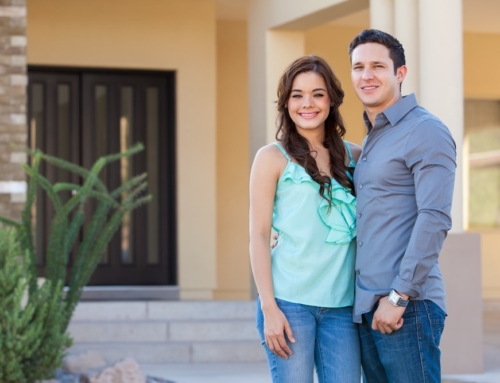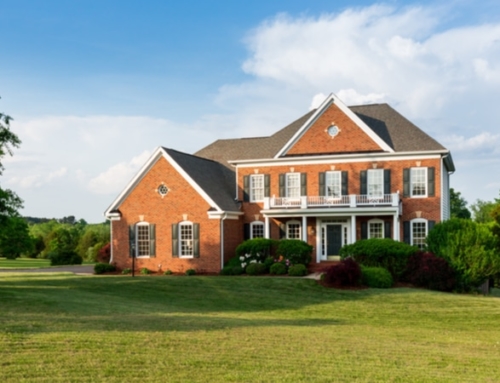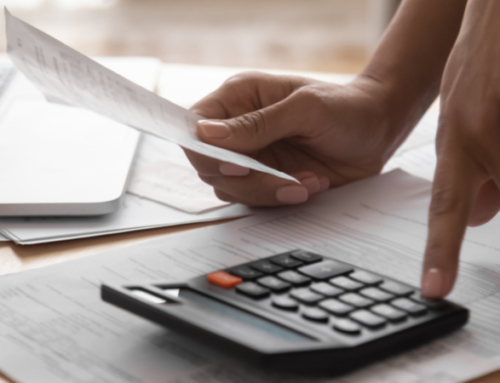Q: We have two properties – one we have occupied for 27 years, another one we purchased two years ago which our daughter lives in and my husband stays in frequently. We pay the mortgage on both homes.
We would like to sell both properties to put toward a new home we are building in another state. Are we entitled to the $250,000 capital gains exemption for each property? Would there be tax advantages to selling both properties in 2004 or could we sell one in 2004 and one in 2005? Finally, how do the home improvements (some major) we have made over the years apply when selling a home?
A: First, let’s go over what current tax law says about selling your home and pocketing the profits.
According to the IRS, as long as you have lived in your primary residence for two of the past five years, you may sell it and keep up to $250,000 in capital gains tax free if you’re single, or up to $500,000 if you’re married. You may do this only once every 24 months.
In your case, the house in which you’ve lived for years as your primary residence would be eligible. So, you could sell it and put the proceeds toward your new home. If your profit is going to exceed $500,000, then you can look at what your real “profit” is.
The way you calculate that is to subtract the cost of purchase and the cost of sale from the sales price (that includes commission, any cost of advertising, etc.) Next, you can subtract the cost of capital improvements you may have made to the home over time. These might include the cost of any additions you put on the home, landscaping, or a major renovation like a new bathroom. What’s left is the true profit on your home.
If your true profit exceeds $500,000 (if you’re married), then you will need to think about paying capital gains taxes on what’s left. Fortunately, it would be long-term capital gains tax, which is a maximum of 15 percent.
If after you sell this home you decide to move into the other home you own, the one in which your children are living in, you would need to convert that property into your primary residence and live there for two years. Right now, it is probably viewed as a second home on your tax return. That status would have to change in order to reap the maximum tax benefit when you sell twenty-four months after you move into it as your permanent residence.
You may decide that it isn’t worth it to change the status. What you may wish to do is simply borrow against the equity that has built up in that property and use it to build your new home.
If you decide to sell it, you would most likely pay long-term capital gains tax of 15 percent on your profit. Please talk to your accountant or tax preparer about what would make the most sense for your tax return.
Published: Sep 14, 2004






Leave A Comment